
Landfill leachate is a high-concentration organic wastewater with a complex composition generated during the sanitary landfilling of waste. It is formed by the mixture of endogenous water produced from waste decomposition and external moisture (including atmospheric precipitation, surface water, etc.). It contains not only a large amount of organic pollutants but also high concentrations of harmful components such as ammonia nitrogen and heavy metals. Research results indicate that 77 types of organic pollutants have been detected in landfill leachate, demonstrating the extreme complexity of its composition. So, what are the hazards of landfill leachate?
1.Land Occupation: Although China has abundant water resources such as oceans and rivers, the per capita water resource availability is low, making water scarcity a national condition. Under circumstances of insufficient available water resources, landfill leachate also occupies large areas of land, severely impacting industrial and agricultural production and people's normal lives. Large amounts of waste destroy the vegetation on the earth's surface, which not only affects the aesthetics of the natural environment but also disrupts the ecological balance.
2.Environmental Pollution: Solid waste contains various harmful substances. If not treated properly, it can directly pollute soil, air, and water sources, ultimately harming various living organisms, including humans.
3.Disease Spread: Waste contains vast quantities of microorganisms, which serve as breeding grounds for bacteria, viruses, and pests. Through insect bites and odor dispersal, they affect human health through various pathways.
4.Impact on Soil and Water Bodies: Liquid leaching from waste alters the composition and structure of soil. Toxic waste affects human health through the food chain, damages soil structure and physicochemical properties, and reduces soil fertility and moisture content. Under the influence of rainwater, it causes severe pollution of surface water and groundwater, affecting the survival of aquatic organisms and the utilization of water resources.
5.Atmospheric Pollution: Fine solid waste particles are carried by the wind, worsening air pollution. In areas with large amounts of openly piled waste, the stench is overwhelming, rodents proliferate, and mosquitoes and flies breed.
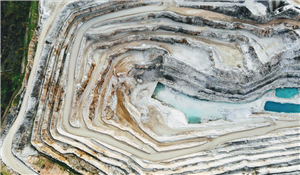
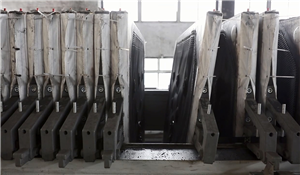
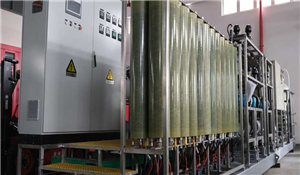
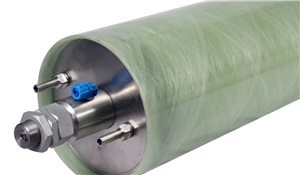



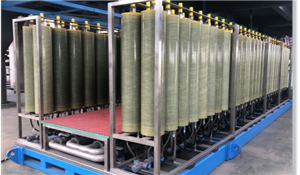
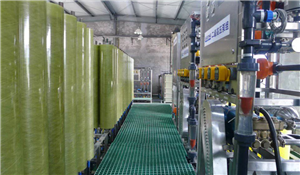
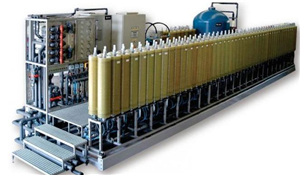


Henan Yuanhede Industrial Technology Co., Ltd.
East Industrial Park, Yuzhou City, Henan Province, China.
(+86)139 3822 7726
info@yhdegroup.com
www.yhdegroup.com